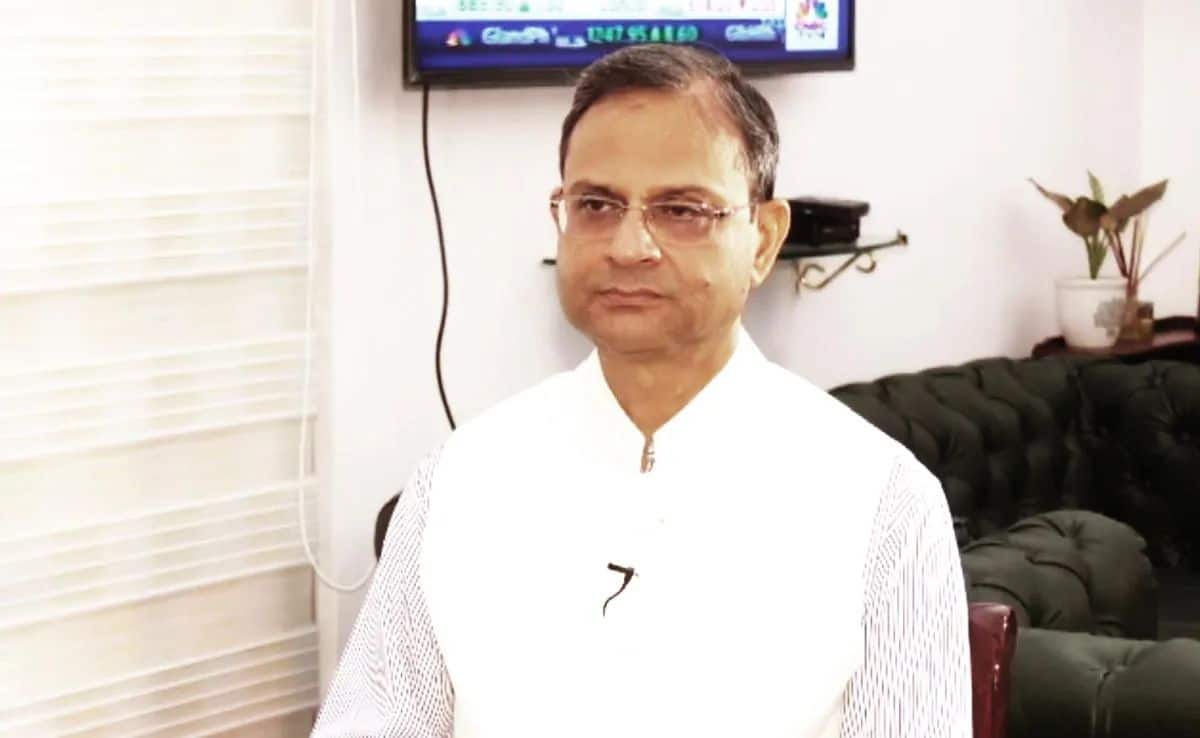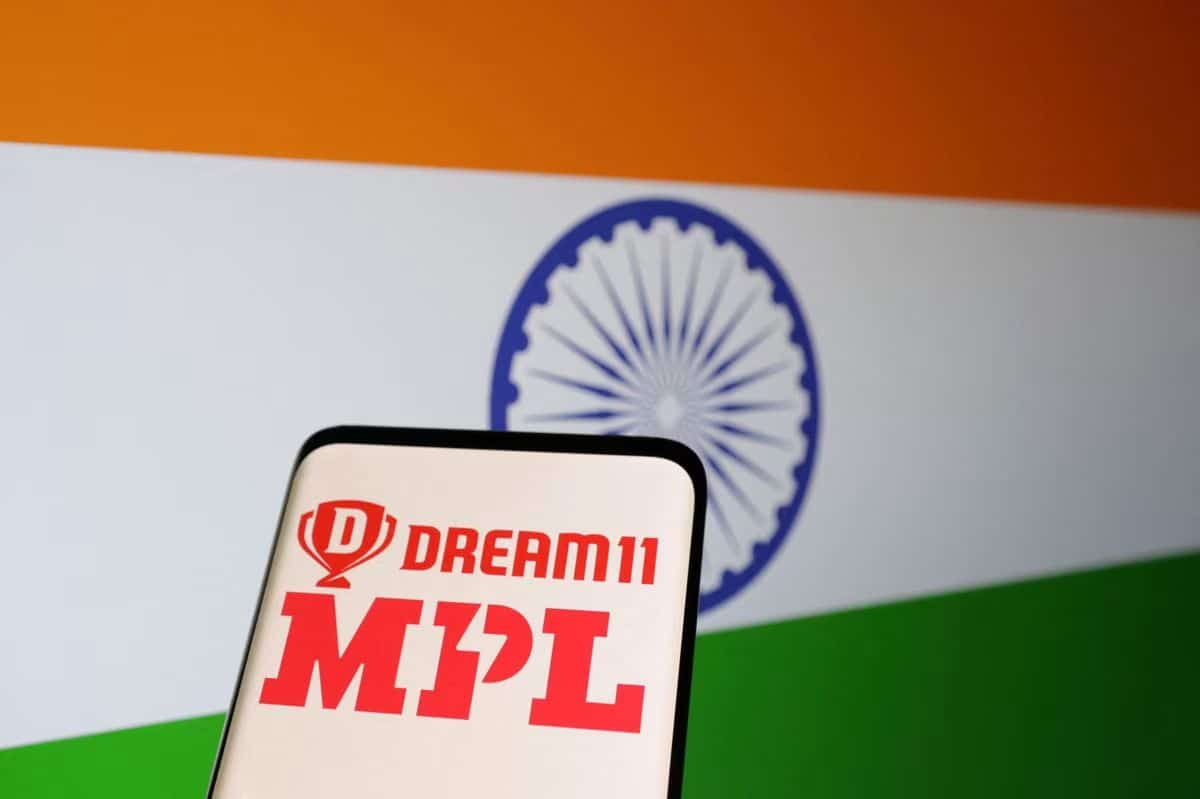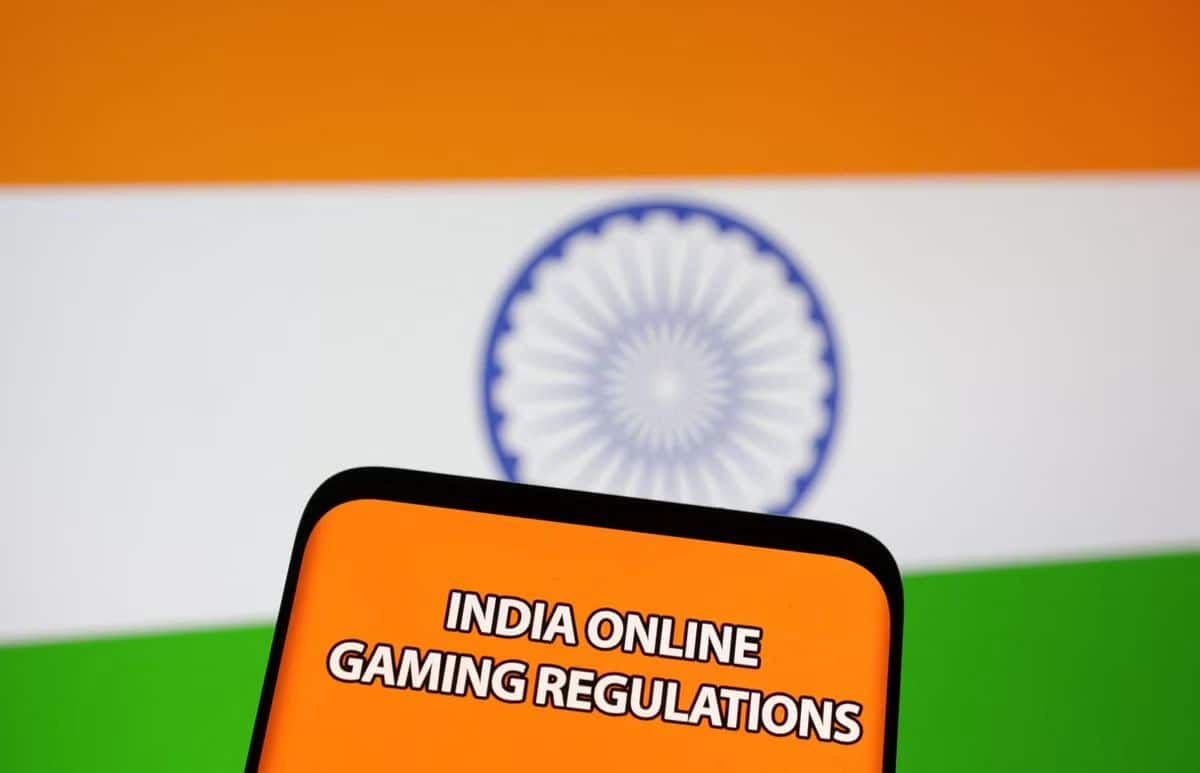HIGHLIGHTS
* 45 Indian video game companies have written a joint letter to PMO Office to seek clarification from Real Money Games and Video games over 28% Online Gaming Tax.
* The letter stated that the lack of distinction has created the scope that that the decision to apply a 28% GST on real-money gambling will affect the whole gaming business in India.
* The GST Council will meet on 2 August via Video conference to take final decision on on the levy of 28 per cent GST on online gaming, casinos, and horse racing.
Amidst the ongoing outcry against the 28 per cent goods and services tax (GST) imposed on all online games, on Wednesday, as many as 45 video game companies in India, wrote to the Prime Minister’s Office, the Ministry of Electronics and Information Technology and the Ministry of Information and Broadcasting, seeking a public clarification distinguishing between the real-money gaming industry and video games, to dispel “widespread confusion”, clubbing the two together and assuming that the high tax slab was applicable to the latter, when it is not.
The 28 per cent levy is on real money gaming industry, which consists of fantasy sports, poker and rummy among others where users can deposit money and compete with other users, a move that the industry widely criticised.
The generic term “online gaming”, used by the government as well as the real money gaming industry has triggered the confusion.

Video gaming companies including Outlier Games, SuperGaming, Firebolt Entertainment, Nodding Heads Games, Hitwicket, 99Games and GameEon Studios among others have now requested an audience with the government to discuss the issue and arrive at a distinction.
This has resulted in hesitation to invest in Indian video game companies and discouraged potential investments, co-productions, and strategic partnerships,” it further added.
It may be recalled that earlier this week, investors in online gaming also wrote a letter to the Prime Minister’s office, lobbying against the 28 per cent levy.
The video game companies are now calling for categorising games that involve wagering real money as ‘iGaming’, as is standard practice globally. “To sustain and further develop our industry’s growth trajectory and economic contributions, we emphasise the critical need for clear differentiation and categorisation of video games as separate entities from real money games and fantasy sports (iGaming) as it is done across the world,” the letter said.

“With every new law, comes some amount of misinterpretation,” said Tarun Hinduja, founder and director of Firebolt Entertainment, adding that clear distinction will boost the growing gaming industry.
“Let me break the bubble – the Indian game industry is more than Real Money Games, and believe it or not, they are here to stay. No matter what they try to tell you on social media, your beloved games will not be taxed 28 per cent; that privilege is reserved for Real Money Games,” said Chirag Chopra, founder and CEO, Lucid Labs. “So, as long as you are not chasing the fake paradise, you can continue enjoying your Clash of Clans, Valorant, and PUBG,” he added.
About 50 video game developers have petitioned the government to clarify the policy distinctions between video games and real-money gaming and fantasy sports companies, The Economic Times (ET) reported on Thursday.

In a joint letter, developers, including Outlier Games, Dot9 Games, Lucid Labs, Newgen Gaming and SuperGaming, stated that media campaigns by the real money gaming industry “project a homogenous image and suggest that the entire games industry of India is adversely affected” by the proposed 28 per cent goods and service tax (GST) on online gaming.
The letter, sent to the Prime Minister’s Office (PMO) and the ministries of electronics & information technology (MeitY) and information & broadcasting, said, “Globally, irrespective of skill or chance, a clear distinction is drawn between games involving wagering (categorised as ‘iGaming’) and games without wagering (categorised as ‘video games’). Unfortunately, in India, these mutually exclusive categories have been consolidated under the common umbrella of ‘online games’.”

On July 11, the Goods and Services Tax (GST) Council decided to impose a 28 per cent tax on the turnover of online gaming companies, horse racing and casinos.
The panel, headed by the Union finance minister and comprising representatives of all states and UTs, decided on the tax rate based on the recommendation of a group of ministers that looked at taxing casinos, horse racing and online gaming.
The tax on online gaming firms would be imposed without making any distinction based on whether the games required skill or were based on chance. The council exempted those games that are played without stakes, which will attract a tax rate of 18 per cent.

A government official said that the GST Council would meet on August 2 to decide if the tax should be imposed only once on the total funds deposited to play an online game or each time a bet is placed – something the gaming industry fears will lead to repeated taxation.
Since Union Finance Minister Nirmala Sitharaman announced the plan for the tax on July 11, the online gaming industry has asked the government to review the decision, which they say will increase the tax burden on both companies and consumers.

Faqs
1) What the letter says ?
Ans) ET has reviewed the copy of the letter which has been sent to the Prime Minister’s Office, the ministry of electronics and information technology (MeitY), and the ministry of information and broadcasting (I&B). “Globally, irrespective of skill or chance, a clear distinction is drawn between games involving wagering (categorised as ‘iGaming’) and games without wagering (categorised as ‘video games’). Unfortunately, in India, these mutually exclusive categories have been consolidated under the common umbrella of ‘online games’,” said the letter.
“…we wish to express our sincere appreciation to the GST Council, the Department of Revenue, and the Government of India for exempting Video Games from the recent 28% GST decision. Recognising that Video Games do not involve any form of wagering or staking, we are truly grateful for this thoughtful consideration, which acknowledges the diversity of business models within our industry,” the letter added.
Incidentally, this is not the first time that video game developers have sought this demarcation. The need to make clear differentiation has been there since quite some time and was also raised following the notification of online gaming rules issued by MeitY in April.
2) What is Real money gaming industry’s plea?
Ans) The real money gaming industry on its part claims that the GST Council’s decision of 28% tax could drive users away to illegitimate gambling and betting platforms. In addition, investors in these companies have also argued that the decision could lead to a potential write-off of the $2.5 billion capital invested in the sector.
The letter requests the Indian government to implement a distinct recognition of the games industry in India, and to avoid video games and e-sports from being clubbed with real money gaming and online fantasy sports.
3) What is a Video Game in India?
Ans) The letter’s signatories, which include Indian video game companies such as SuperGaming, Outlier Games, GameEon Studios, and others, have underlined that the newly announced 28% GST on online gaming does not apply to video games. “The Indian Video Games Industry (valued at $812 million — about Rs. 6,660 crore — as of 2022) has not been impacted by recent GST developments because these sectors continue to be taxed at 18 percent and will be assisted by the Indian government through the planned AVGC-XR Policy,” the game companies’ consortium said in a press release.
Furthermore, the signed letter to the PMO, MeitY, and the I&B Ministry demands a clear distinction between video games and real money gaming/ fantasy sports, noting false information methods that link the two. “While this assertion is objectively false, due to the usage of an overly broad term like ‘Online Games’ different industries are unjustly clubbed together, leading to widespread confusion. This confusion, in turn, fueled controversies and heated debates surrounding the imposition of 28 percent GST,” according to the letter.
As a result, video game companies have urged for games that involve wagering real money to be classified as ‘iGaming,’ as is typical practise internationally. “In order to sustain and further develop our industry’s growth trajectory and economic contributions, we emphasise the critical need for clear differentiation and categorization of Video Games as separate entities from Real Money Games and Fantasy Sports (iGaming),” the letter states.
The PR further adds that global market revenue of $184 billion excludes revenue from RMGs and Fantasy Sports. The letter also claims that the umbrella term “online gaming,” and its subsequent link with real money games, has left the Indian video game sector dealing with “unfair social stigma” and “clouded investor perception.”
While video games are not included in the new taxation policy, a 28 percent GST will be paid on fantasy cricket applications, which have grown in popularity in the country in recent years, as well as other fantasy and real-money games. These applications have also prompted worries among gamers about addiction, which might lead to financial harm if real money wagering is involved.
Also Read: ROG Ally is finally coming to India to fulfill ALLYour gaming dreams: Everything You Need to Know
Also Read: CrossBeats Fury Gaming Earbuds Review – A Perfect Deep Gaming Acoustics For Pros
Also Read: ASUS launches ROG Ally, a first-of-its-kind Windows 11 portable gaming console in India
